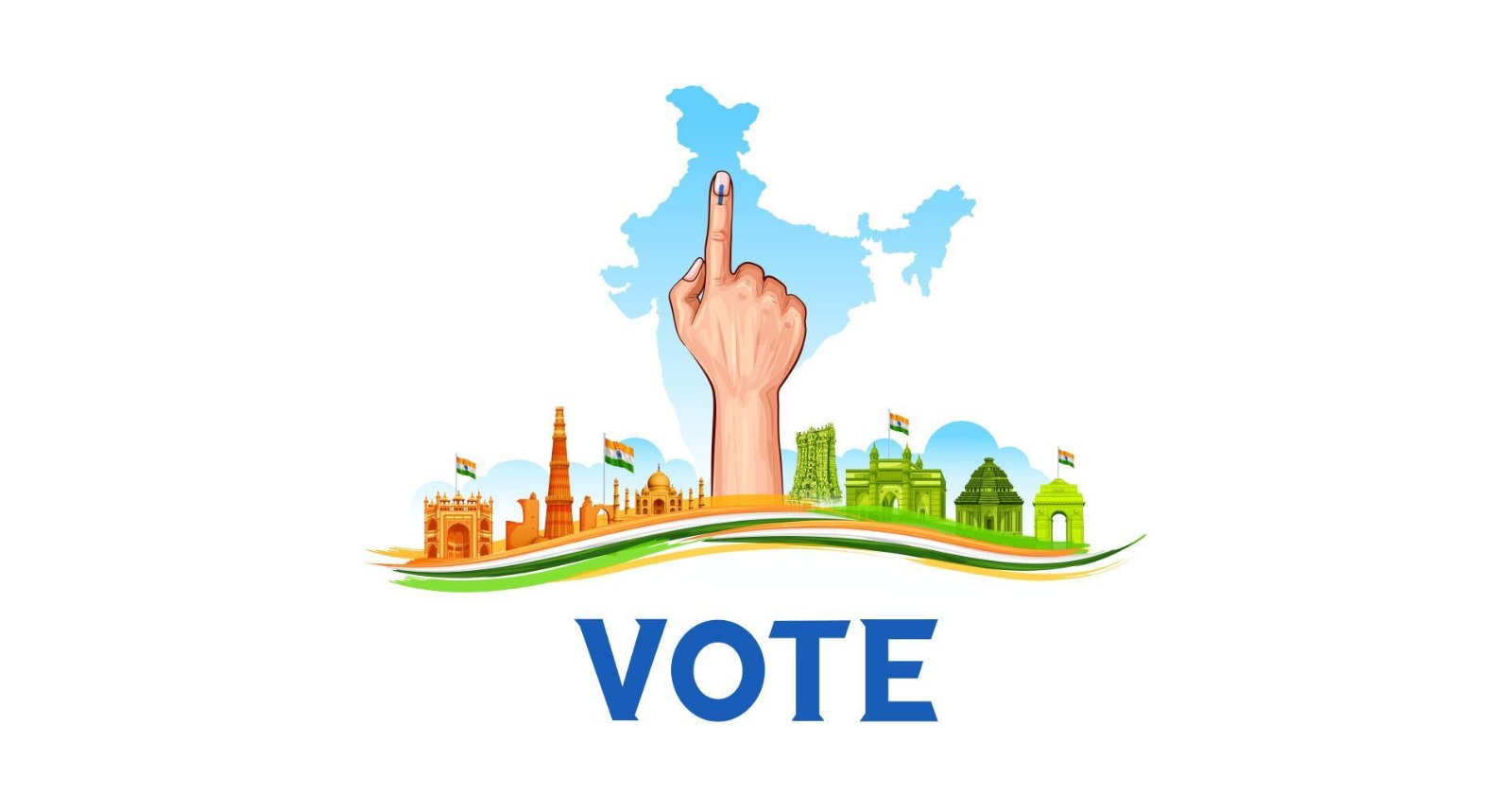Allegations of voter fraud in Karnataka’s Aland constituency have captured national attention after claims that nearly 5,994 votes were “nearly stolen” during the recent elections. The controversy emerged when a Congress MLA noticed discrepancies between vote counts and official records, raising suspicions about possible manipulation. Concerns centered around electronic voting machines (EVMs) and inconsistencies in voter lists, which the MLA argued could have significantly altered the election outcome. The case has intensified debates over election transparency and the security of India’s voting systems.
The allegations prompted the MLA to demand that the Election Commission of India (ECI) release detailed technical data, including machine logs and voter records, to allow a thorough investigation. Despite repeated requests, the ECI has yet to provide the requested information, citing procedural constraints. Meanwhile, the Karnataka Criminal Investigation Department (CID) has been asked to probe the matter, though its efforts have been hindered by the lack of access to technical data. Observers argue that this lack of transparency has further fueled public skepticism about the integrity of elections.
Legal experts note that the Aland case represents a complex challenge for Indian democracy. The MLA’s complaints highlight potential vulnerabilities in the electronic voting system and the need for robust auditing mechanisms. If proven, the allegations could prompt reforms in how votes are recorded, stored, and verified. As the matter escalates, both political parties and civil society are closely monitoring developments, emphasizing the importance of accountability and public trust in India’s electoral processes.
Observers suggest that the Aland controversy may prompt a nationwide reassessment of EVM protocols and data transparency practices. Election authorities might consider implementing standardized audits, enhanced tracking mechanisms, and independent verification processes to prevent similar disputes in the future. Such measures could help reassure voters and political stakeholders that the integrity of elections is being actively safeguarded. The case has become a catalyst for conversations on how technology and governance must work together to uphold democratic values.
Some analysts argue that the political ramifications of the Aland allegations extend beyond a single constituency. If unresolved, the dispute could influence voter sentiment in upcoming elections, shaping campaign strategies and party narratives across Karnataka. Both ruling and opposition parties are closely evaluating the situation, knowing that public perception of electoral fairness can significantly impact their credibility and voter support. The case underscores the strategic importance of trust in democratic institutions.

Finally, civil society emphasizes that resolving the Aland issue requires a combination of legal, technical, and administrative action. Swift judicial review, thorough investigation by the CID, and greater transparency from the ECI are all necessary to restore public confidence. Experts contend that the lessons learned from this controversy could serve as a blueprint for strengthening India’s electoral framework, ensuring that future elections are not only technologically advanced but also perceived as fair and credible by all stakeholders.
Discrepancies in Vote Counts Spark Allegations
The initial suspicion of fraud arose when vote totals did not match expectations based on polling trends and constituency demographics. Certain voting patterns seemed statistically improbable, prompting further scrutiny by political observers. The Congress MLA filed formal complaints, claiming that the irregularities were not isolated incidents but pointed to systemic issues that could undermine the credibility of elections in Aland and beyond. The controversy has reignited debates over the reliability of EVMs, even as the ECI maintains that the machines are tamper-proof.
The alleged fraud also exposed gaps in oversight during the counting process. Independent observers reported inconsistencies in the handling of EVMs and the recording of vote tallies. In some cases, procedural lapses were noted, including discrepancies between the electronic count and physical records. While these anomalies do not yet constitute conclusive evidence of tampering, they have strengthened calls for a judicial review and closer monitoring by law enforcement agencies. Civil society organizations have urged that full transparency is essential to restore public confidence in the electoral system.
Legal Escalation and Demand for Transparency
In response to the alleged irregularities, the Congress MLA has indicated plans to approach the Supreme Court, seeking a directive for the ECI to share the technical data with the Karnataka CID. Legal experts suggest that this case could become a precedent for how election disputes involving digital voting technology are resolved. The judiciary may need to weigh the independence of the ECI against the public’s right to transparency, particularly when allegations involve thousands of votes.
The Aland voter fraud allegations underscore the broader challenges facing India’s democracy in the digital age. While electronic voting has increased efficiency, it has also raised questions about security, auditing, and accountability. The outcome of this case could shape future protocols for EVM management and auditing, influencing both public trust and policy reforms. For now, political stakeholders, legal experts, and voters are waiting to see whether the ECI and courts will act decisively to clarify the situation.

The Aland voter fraud allegations have sparked intense discussions across Karnataka, with political analysts highlighting the potential implications for future elections. Many argue that if the claims of nearly 5,994 manipulated votes are substantiated, it could trigger wider investigations into other constituencies where similar discrepancies might have occurred. The controversy has fueled debates about the robustness of electronic voting machines (EVMs) and the mechanisms in place to ensure accuracy during both polling and counting. Observers note that public trust in the democratic process is at stake.
Local residents in Aland have expressed mixed reactions, with some supporting the Congress MLA’s claims while others remain skeptical. Many voters voiced concern that even minor irregularities could cast doubt on the legitimacy of the election outcome. For a constituency with closely contested races, allegations of fraud amplify anxieties and political tensions. Residents emphasize that electoral integrity is essential not only for fair representation but also for maintaining confidence in governance and civic participation.
The Karnataka CID’s role in investigating the matter has become a focal point of attention. While investigators are eager to examine the alleged discrepancies, their access to technical data has been limited by the ECI’s reluctance to release logs and machine records. This has created procedural bottlenecks, delaying a comprehensive inquiry. Legal experts stress that without timely access to data, the investigation risks being inconclusive, further fueling speculation and mistrust among voters and political parties alike.
Political parties across the state are closely monitoring the developments in Aland. Opposition parties have expressed support for greater transparency, framing the allegations as indicative of systemic vulnerabilities in the electoral process. Meanwhile, ruling party officials have defended the ECI, arguing that the machines are secure and that there is no conclusive evidence of tampering. The clash of narratives has amplified political polarization, with each side seeking to influence public perception before the matter reaches a judicial resolution.
Election watchdogs and civil society organizations have joined the debate, calling for enhanced auditing mechanisms to prevent future disputes. Many suggest implementing independent audits of EVMs and cross-verification of voter data to ensure accountability. Activists argue that transparency measures, such as real-time monitoring and open access to anonymized data, could help restore public confidence. They warn that without meaningful reforms, allegations like those in Aland could undermine voter faith across India’s democratic system.
The alleged fraud has also raised questions about technological vulnerabilities in digital voting. Experts point out that while EVMs are designed to be tamper-proof, procedural errors, human oversight, or lack of adequate checks can lead to anomalies. The Aland case illustrates the importance of combining technological safeguards with robust administrative protocols to prevent manipulation or miscounts. This incident may prompt the ECI to review existing systems and implement stricter monitoring procedures nationwide.
Media coverage has amplified the issue, with extensive reporting on the MLA’s claims and the ECI’s response. Television debates, news articles, and social media discussions have made the controversy a hot topic, drawing attention from citizens beyond Karnataka. While media scrutiny has helped keep the issue in the public eye, it has also fueled heated debates and sometimes misinformation. Experts caution that objective reporting and reliance on verified facts are critical to prevent the situation from escalating unnecessarily.
Legal scholars note that the case may set an important precedent for future election-related disputes involving digital voting technology. If the Supreme Court decides to intervene and orders the ECI to share technical data with investigative agencies, it could establish a framework for balancing institutional independence with transparency and accountability. Such a decision would have far-reaching implications for how electoral disputes are handled across India in the digital era.
The controversy has also highlighted the role of political accountability in maintaining public trust. Legislators and government officials are being urged to take proactive measures to ensure that voting processes are transparent, verifiable, and credible. Many analysts argue that proactive engagement with civil society, timely reporting of discrepancies, and transparent auditing could prevent future allegations from escalating into full-blown political crises. Public trust, they emphasize, is as important as the technical integrity of the machines themselves.
Ultimately, the Aland voter fraud allegations underscore the delicate balance between technology, administration, and democracy. While EVMs have improved efficiency and accessibility, the case demonstrates that human oversight, procedural rigor, and judicial mechanisms remain crucial. As Karnataka navigates this controversy, the outcome will likely influence policies, public perceptions, and electoral reforms across India. Voters, political actors, and institutions alike are watching closely, as the resolution of this dispute could shape the credibility of Indian elections for years to come.
Follow: Karnataka Government
Also read: Home | Channel 6 Network – Latest News, Breaking Updates: Politics, Business, Tech & More

